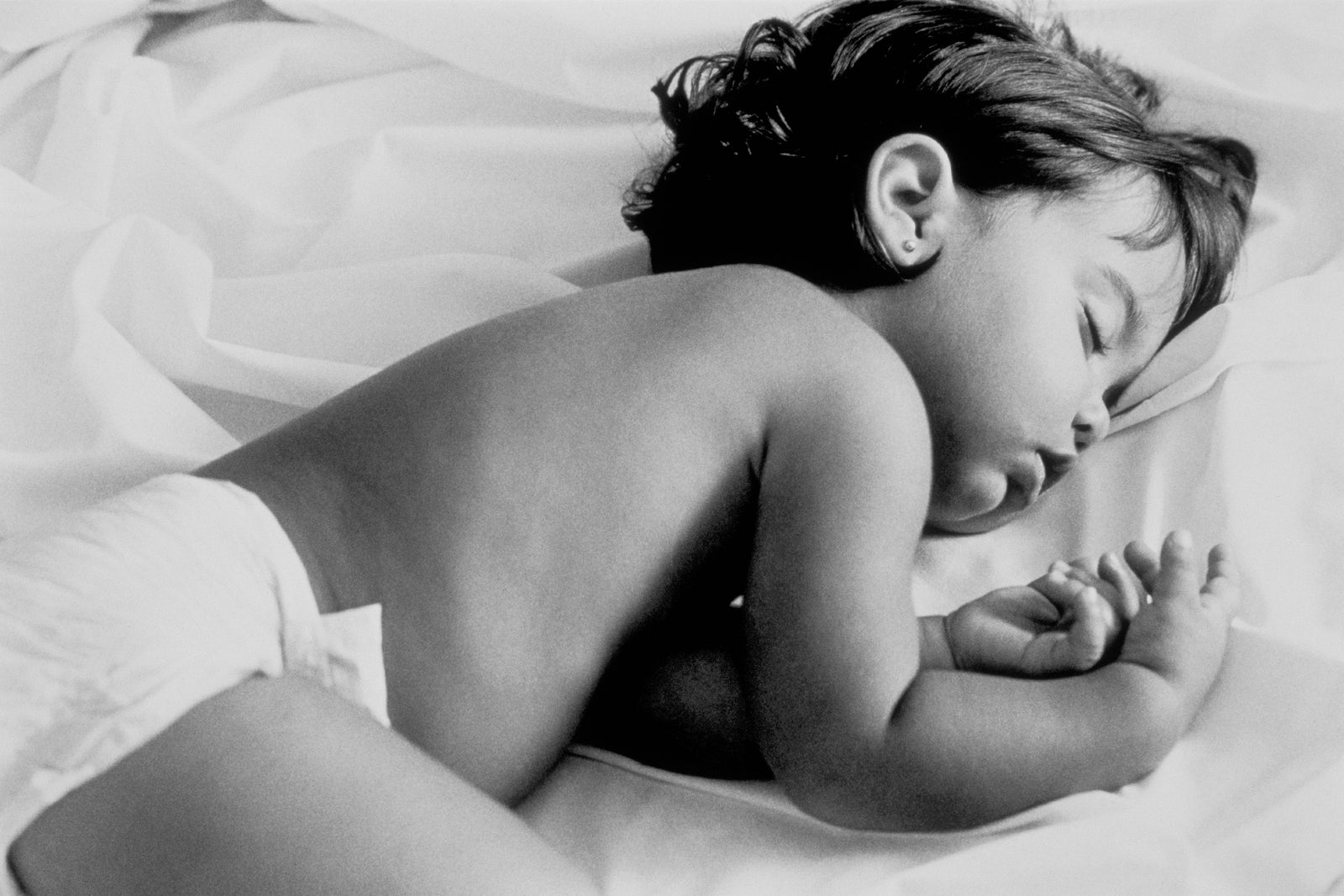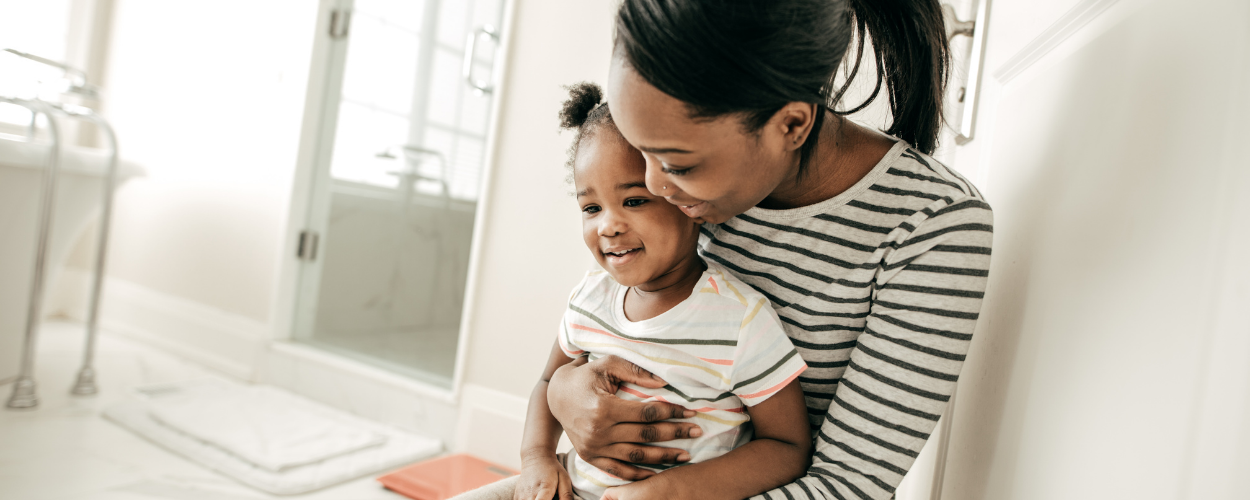It is heartbreaking to know that for some families something as simple as keeping a baby clean and dry is a major uphill battle. In 2010, it was discovered that 1 in 3 families are navigating Diaper Need, a shockingly high number. Unfortunately, that number has only continued to grow. In 2023, according to the National Diaper Bank Network,1 in 2 families now are facing this crisis.
47% of families are dealing with the daily stressor of just trying to cover their basics for their baby. Diapers might seem small, but the impact? It's a big deal. Its effects are far reaching for the entire family.
It can look like cutting back on other essentials like clothing, personal hygiene products, and transportation. Forget about any fun forms of entertainment.
It can be unmet health needs, for parents and baby, and steep increases in stress. It’s missing work due to not having enough diapers to drop their child off at daycare, further digging themselves in the Diaper Need hole and making it that much harder to get out.
Not to mention the impacts on the babies themselves from often having to wear a dirty diaper for too long. As well as being raised in a home with parents battling an unsustainable level of stress on a regular basis.
More often than not, it’s all of these impacts at once.
While all income levels are touched by Diaper Need, low income families are disproportionately impacted, making up 66%. Currently, no national governmental assistance programs exist to specifically help families cover the cost of this essential item.
Now more than ever is the time to support companies doing their part to help those in need. Making a difference in someone's life can be as simple as grabbing your regular pack of diapers!
Believe Baby makes it incredibly easy to positively contribute to the cause with their1 for 1 donation matching. Every pack of Believe Diapers and Believe Wipes you purchase means one sent to a family in desperate need of this everyday essential.
It’s a simple act for you, but a wildly impactful one for families who need it most.



